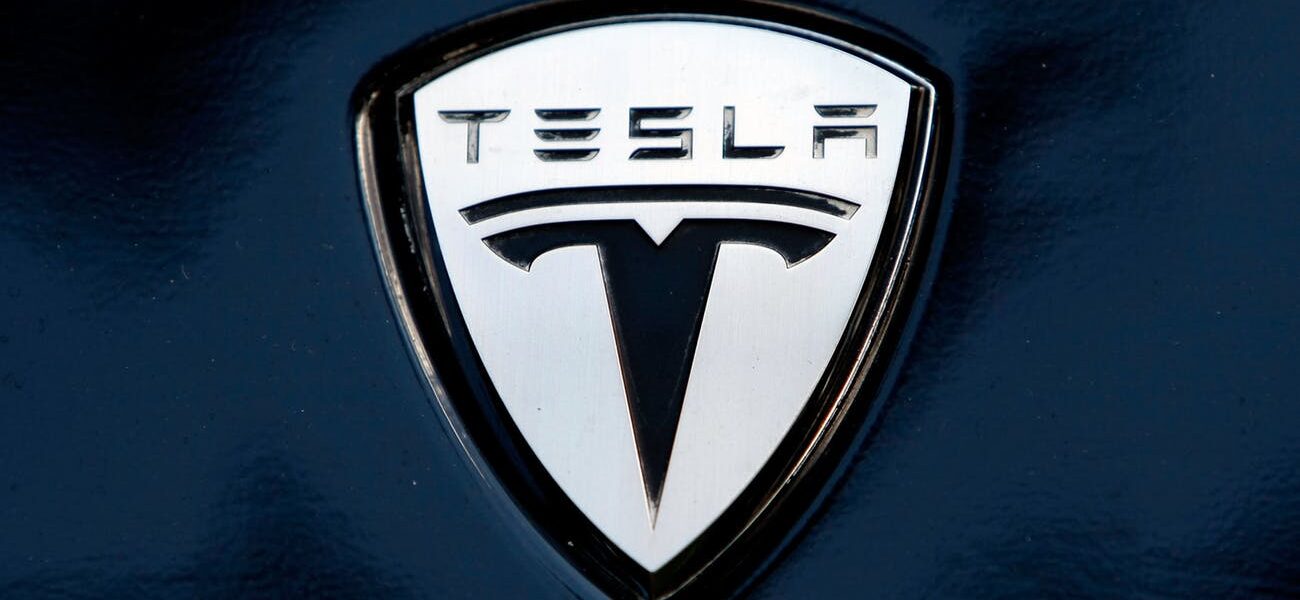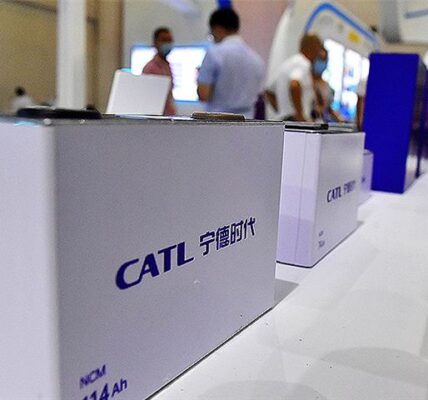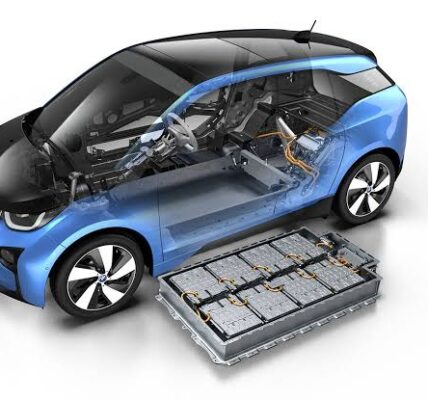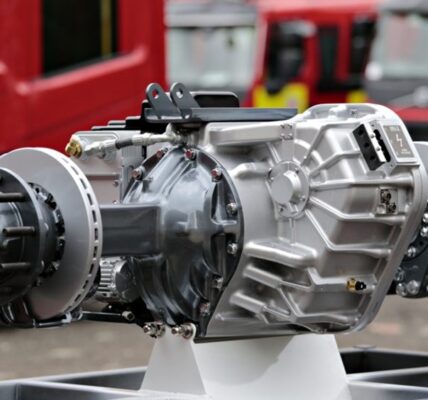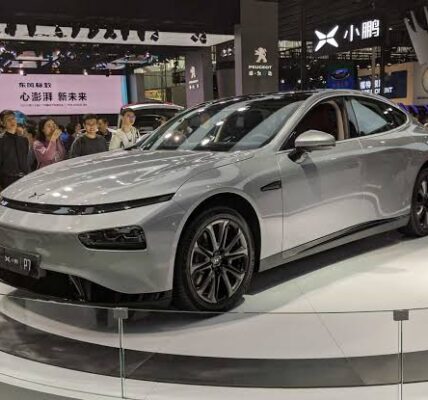The trade war is taking a toll on almost all businesses across sectors and geographies. US automakers, including Tesla (TSLA), are one such sector—and they’re feeling twice the heat due to slowing demand in the US and China and uncertainty related to the changing tariff structure. Tesla is just one of the casualties of the trade war. It was mulling a price hike for its cars in China in September due to uncertainty related to the Chinese yuan. However, citing a Tesla sales representative, Bloomberg reported on August 26 that Tesla now plans to hike its car prices in China this week.
Chinese tariffs on autos to hit automakers hard
On August 23, China announced new tariffs on $75 billion worth of US imports, starting in two tranches. This includes the resumption of 25% duties on US cars and 5% on auto parts starting on December 15. The news hit US automakers hard. It was particularly worrisome for the companies that import most of their vehicles from the US. While Ford (F) and GM (GM) produce most of the vehicles they sell in China locally, Tesla currently imports all of its cars from the US.
Tesla to raise prices in China
The most recent hike suggested by Tesla, however, isn’t related to China’s planned tariffs. According to Bloomberg, Tesla might again have to increase prices if China’s tariffs on cars come into effect.
Bill Russo: Tesla price hike in China won’t last long
Yesterday, Bill Russo, CEO of Automobility Limited, talked to CNBC about Tesla’s planned price hike and more. According to Russo, Tesla might raise prices in China, but the increase won’t last for long. Why? Tesla is in the process of localizing some of its production in China. We detailed in Could Tesla’s China Gigafactory Be Its Secret Weapon? that Tesla is on schedule to start its production of Model 3 cars in China by the year’s end.
Tesla’s China Gigafactory will drive its prices down
Within just eight months of breaking ground on the Gigafactory in January, Tesla has started trial assemblies. This big feat was made possible by the Chinese government’s well-rounded support for Tesla’s factory. On August 19, Tesla received a comprehensive acceptance certificate from the government within a record timeframe of just three days after applying.
Russo said, “The challenge is: You need to bring the products in and make money. So I think, yes, a step up in price is probably likely.” He added, “As they begin to localize their products in China, I expect those prices to come down.”
Progress on Tesla’s Gigafactory: Ready to roll out Model 3
Tesla’s Shanghai factory will focus on the Model 3 and Model Y. Citing media sources in Weibo, Teslarati reported that Tesla was preparing to showcase its first made-in-China Model 3 at the opening ceremony of the World Artificial Intelligence Conference 2019 in Shanghai, which starts on August 29. The price of the Model 3s made in China will be lower than those imported from the US.
According to Reuters, Tesla announced in May that the price of its China-made Model 3 would start at 328,000 yuan, which would be about 13% cheaper than its US imported cars. China-made Tesla cars will be able to avoid a significant portion of the tariffs. Moreover, the cost of producing cars in China is lower than in the US. These factors will allow Tesla to charge less for the Model 3 in China. Lower prices are also crucial for Tesla to undercut competition from domestic electric vehicle start-ups such as NIO (NIO) and Xpeng Motors.
Speaking to CNBC, Russo said, “Companies like Tesla have to bring a competitive portfolio to the market, and doing that with localized supply chains, localized manufacturing is critical if you want to stay competitive.”
Russo: Automakers can learn from Volkswagen and Toyota to be successful in China
Russo also believes that the “very China-centric” and localized brands Volkswagen (VLKAY) and Toyota (TM) have been winners in a declining auto market in China. He thus believes “you need to learn how to be like them if you’re going to be successful in this market going forward.”
Volkswagen was the first foreign automaker to launch its cars in China. According to the Financial Times, with three local tie-ups, Volkswagen remains the largest force in China’s car sector. Chinese sales accounted for 39% of the company’s global sales. It’s now hoping to repeat this success with its electric cars in China. In a press release issued in April, the company said that it expects China to contribute more than half of its planned 22 million battery electric vehicles by 2028.
Japanese car maker Toyota was late to make its entry into China. However, the automaker has taken a localized approach to the Chinese market. Toyota’s joint venture sales with Guangzhou Automobile increased by about 35% in 2018. Toyota is planning to build its fourth battery-making hybrid-vehicle plant in China. Yesterday, Toyota announced that it was partnering with Chinese autonomous-driving company Pony.ai. Together, they expect to take on US rivals such as Alphabet Waymo.
Tesla has gone one step further. Its Gigafactory 3 is the first wholly foreign-owned plant in China and the largest overseas manufacturing investment in Shanghai.


